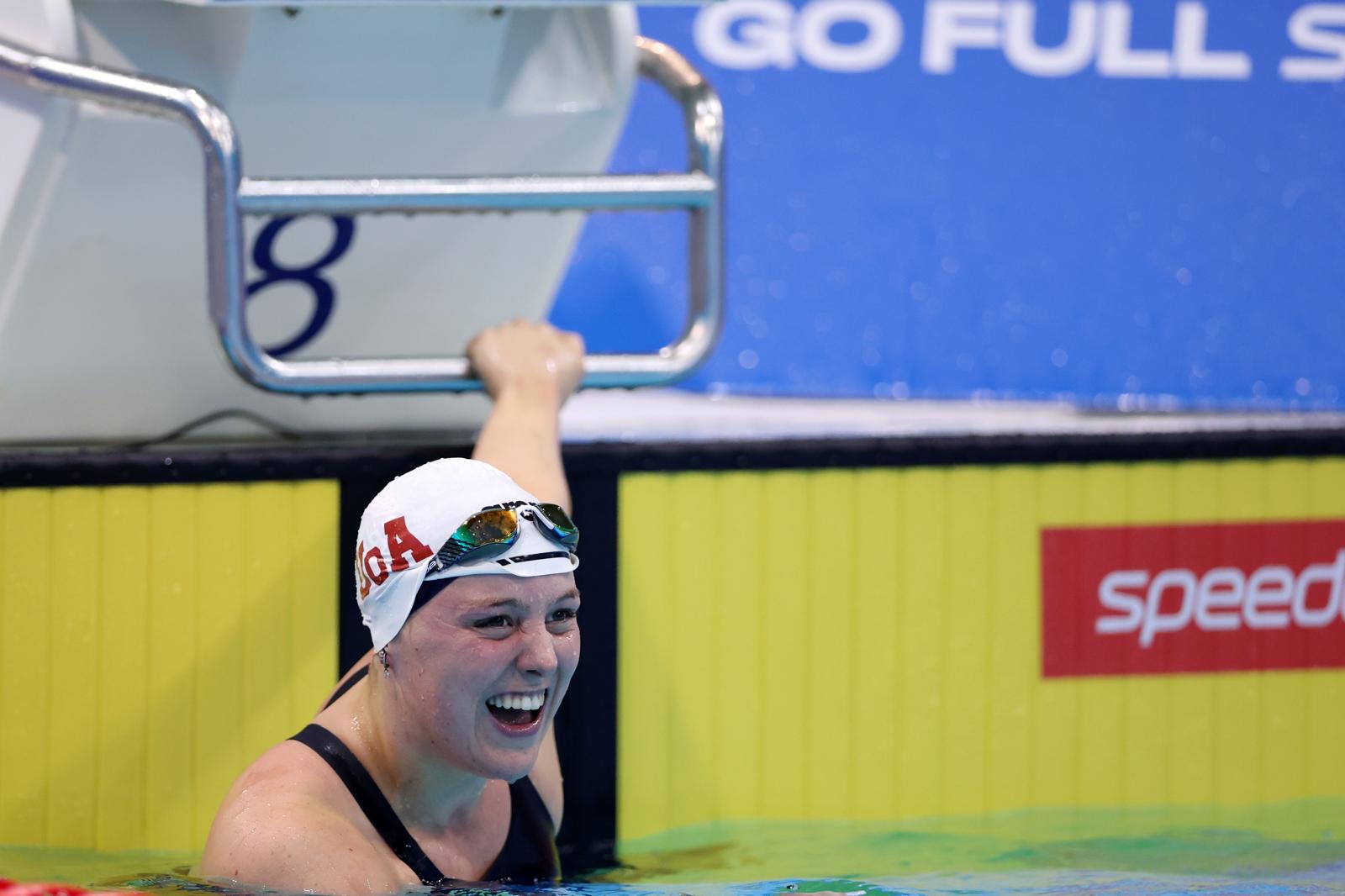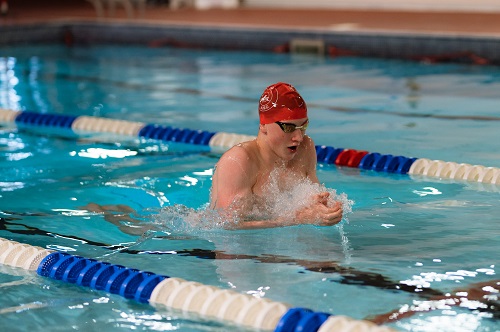How can the work of the sportscotland Performance Psychology team impact on an athlete’s mental health?
Sport psychology plays a key role in athletes’ mental health. Both clinical and sport psychology have significant areas of overlap. For example, coping with challenges, emotional regulation, functioning effectively under pressure and self-reflection. For sport psychologists their clients are first and foremost ordinary people who manage to achieve extraordinary depths of their personal ability.
As with any individual, these athletes have with their aspirations, challenges, downfalls and strengths. The role of a sport psychologist is to support an athlete on the path of self-discovery. On this path we leave no stone unturned and this process helps athletes to be better prepared with challenges they encounter in their sports, but, perhaps more importantly in their lives outside of the sport.
What are some of the common things athletes can do to improve their mental wellbeing?
I always advise athletes to visit their mental gym in the morning. It could be a couple of records in their training diary. Since they are ambitious individuals, I encourage them to record three new things every morning. This exercise grounds them and helps them to connect with their life, with the present moment and re-address good balance between their sport and the rest of their lives.
Another common practice that relates directly to mental wellbeing is awareness. At a glance this exercise may appear simplistic and ineffective. However, with some significant practice, this simple exercise may become very useful. I recommend athletes to notice the chance of their emotions. For example when they become frustrated with themselves or when they experience anger. First thing here is to pay attention to those feelings. It is important to focus on the feeling and not look at the cause of the feeling, not to jump ahead with solutions. Just focus on the feeling itself, it is important to take time and hold this awareness.
The next step is to accept this feeling for what it is without anger and desire to get rid of it or quickly fix it. Holding the emotion in our focus helps this emotion to evolve and subsequently re-direct our energy to what is genuinely important. This technique is very useful in sport and in life. When this skill is trained on regular basis, it can have significant and positive effect on mental wellbeing.
How important is it for an athlete to be in the right frame of mind when competing or training?
It is vitally important to be in the right frame of mind. I always ask athletes: “tell me, when you start a movement (like running) where does the initial movement start?” Typically athletes tell me that it starts from their feet, hips, shoulders, etc. Yet, if you are able to pay a little more attention, any movement starts in our brain. Then it travels down our spinal cord to our muscles. It means that our brain is primary and our body secondary.
Our body executes the programme that is set to our muscles from our brain. Here is another important point: if our brain is in a state of anxiety, then the movement becomes somewhat robotic and slow. If our mind is in a good balance, if athletes trust their bodies to execute the movement and if they let go of thinking, the movement becomes more intuitive, coordinated and faster.
Being as active as possible is obviously very important for everyone’s mental health. Athletes have to be active in terms of training, but is it also important for them to remain active away from their sport at times to clear their heads?
It is vital for athletes to rest and recover. Even though for many athletes it is hard to accept that they have to stop training and that rest and recovery is an essential part of their ability to perform when it really matters. It is important to add that in order to achieve a “clear head” it is vital to know what helps to achieve clarity.
For example, just numbing feelings through computer games or doom scrolling will help to kill time, but it is not quality rest. Athletes don’t have much free time, that is why for them it is so important to make sure that the little time they have is spent in a productive way. For example, many of athletes study, many of them work, many of them try their best to spend time with their partners, friends and families. It is very important to keep switching attention away from their sport.




